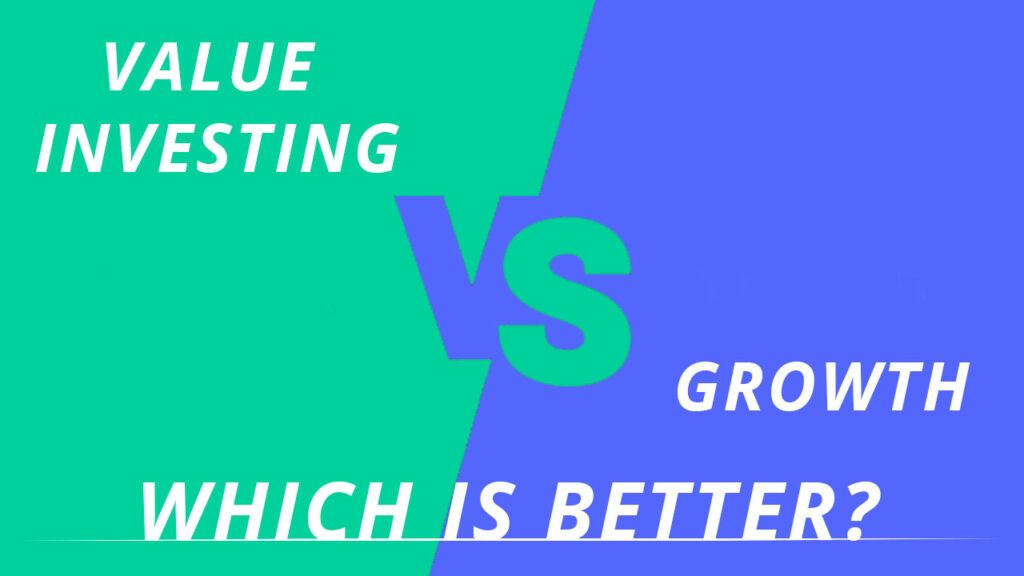Granted, it was an unusual year, but Growth investing outpaced Value investing in 2020 according to the metrics and definitions of both categories. The Center for Research of Security Prices (CRSP) publishes several stock indexes, two of which are the US Large Cap Growth Index and the US Large Cap Value Index. Whereas the Value Index was barely breakeven for 2020, the Growth Index returned about 33%. A big win for Growth Investing – or is it?

According To The Metrics and Definitions
Notice that I used the qualifying phrase “according to the metrics and definitions of both categories.” A Value Stock is considered as such and is included in a Value index if it meets one or more of certain “value” metrics such as low P/E ratio, low Price to Book or Price to Sales ratio, or low Price to Cash Flow ratio. A stock can be considered to be a value stock without being a good value. Conversely, a stock can be a good value (at least for some investors) even if doesn’t meet any of the value metrics. My point is that Value is in the eye of the beholder. You can invest in growth stocks and still consider yourself to be a “Value Investor” even if your investments don’t fit with the definition of value stocks. If you buy a stock with the belief that you are buying it at a price that is lower than what its value will be in the future, then you are a “Value Investor”. Consider this: One of Warren Buffett’s largest and best performing holdings is Apple. How can the most renowned value investor in the US own a big chunk of Apple, which is not a “value” company by any metric? Because Buffett believes in Apple’s ability to generate and grow its cash flow in the future, and that that cash flow discounted back to the present represents a positive net present value to Apple’s current stock price by his calculation. Buffett believes Apple’s current price represents good value to him and his shareholders even though Apple’s current ratios do not qualify it for any Value index.
IMO
If you are a committed value investor and your performance in 2020 has lagged, don’t give up being a value investor. Instead, enlarge the definition of what it means to be a value investor. Think about buying good companies at prices that make sense rather than finding unloved gems in the scrap heap. Good companies are rarely found at scrap heap prices. That said, they can often be found at prices that can be deemed to represent good investments if the future turns out the way you believe it will. This is not throwing in the towel on value investing. It is pivoting somewhat to allow you to keep in tune with market conditions while remaining faithful to Buffett’s and Benjamin Graham’s concepts of value investing.
Also: 2020 was one thing, but let’s see how 2021 plays out with respect to this supposed Value vs. Growth competition. My sense is that there won’t be nearly the difference in returns between the two categories.
